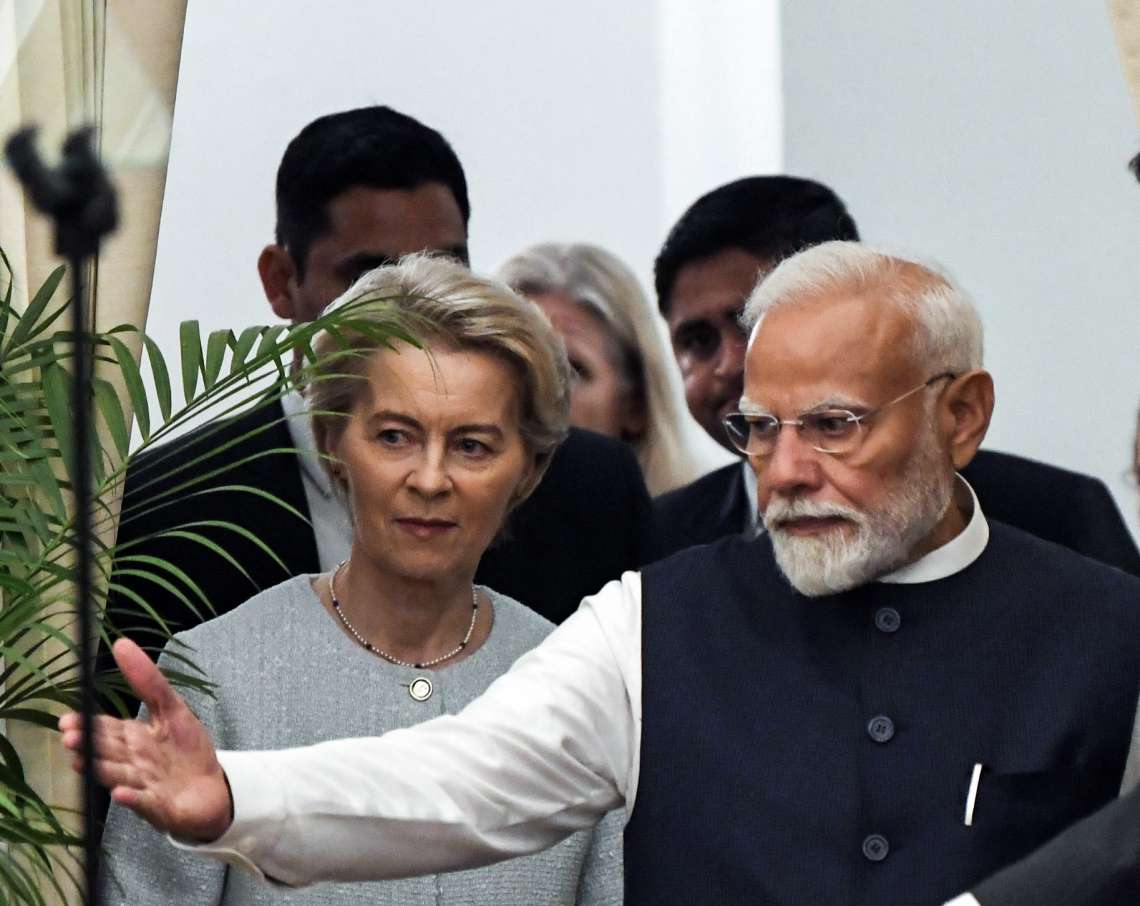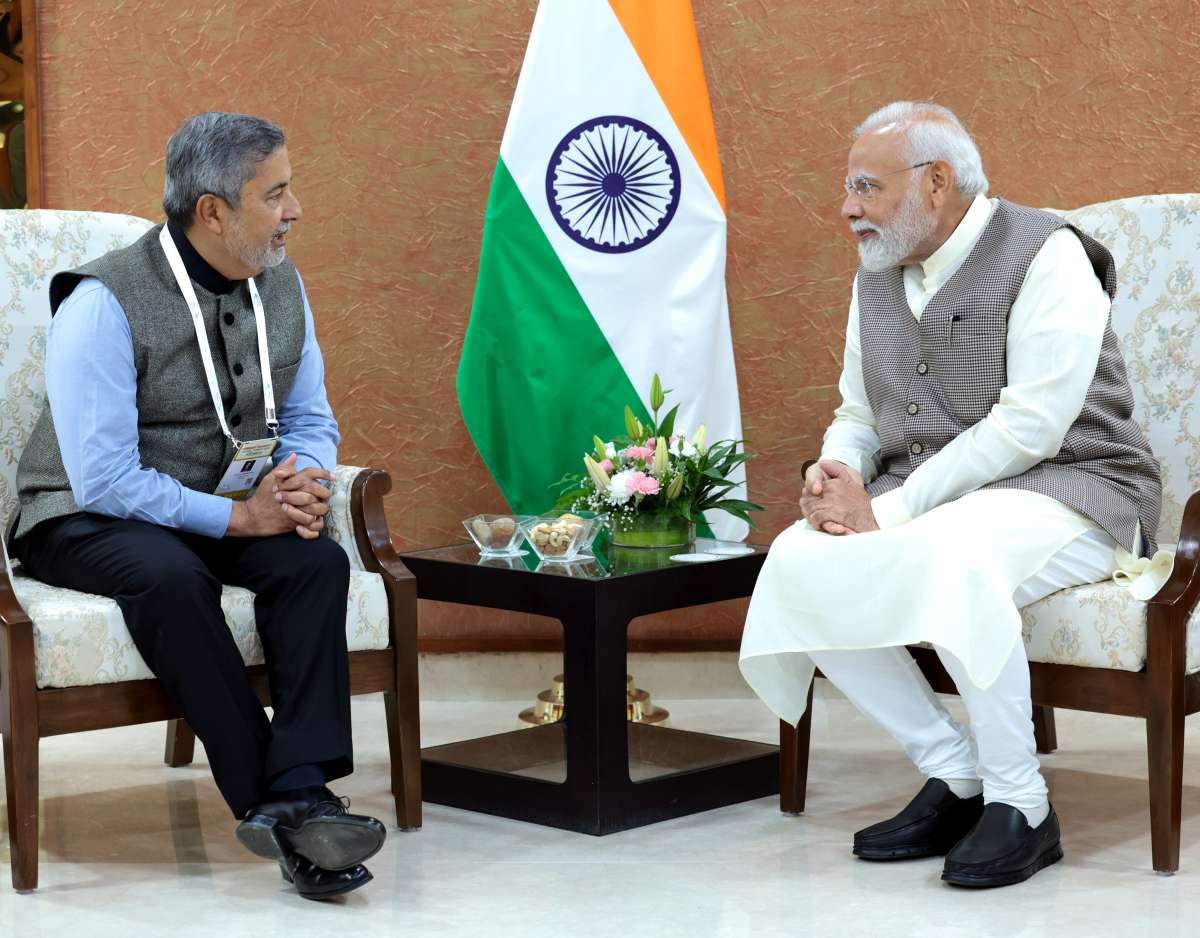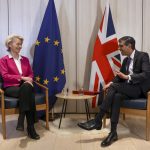The new complaint, filed with the Austrian data protection authority, alleged that Meta is breaching EU law by framing a choice that makes it very difficult for users to withdraw consent to its tracking ads than to agree…reports Asian Lite News
Privacy rights advocacy group noyb on Thursday filed a new complaint against Meta, alleging that the social media platform unlawfully ignores the users’ right to easily withdraw consent and asks them to pay.
Since the beginning of November, Instagram and Facebook users who don’t want to be tracked have to pay a “privacy fee” of up to 251.88 euros per year.
The new complaint, filed with the Austrian data protection authority, alleged that Meta is breaching EU law by framing a choice that makes it very difficult for users to withdraw consent to its tracking ads than to agree.
While one (free) click is enough to consent to being tracked, users can only withdraw their consent by going through the complicated process of switching to a paid subscription.
“This is illegal, as the GDPR clearly states that withdrawing your consent must be ‘as easy as’ giving it,” noyb said in its complaint.
In the complaint, noyb said that the Austrian authority should order Meta to bring its processing operations in compliance with European data protection law and to provide users with an easy way to withdraw their consent — without having to pay a fee.
In addition, the privacy rights group suggested that the authorities should impose a fine to prevent further violations of the GDPR.
It has been six months since the European Court of Justice (CJEU) ruled that Meta’s handling of user data was illegal.
“Yet the social media giant has launched its third attempt to circumvent European privacy laws. Instead of asking users for their consent, Meta is now charging people for choosing a privacy-friendly setting,” the complaint said.
The European Data Protection Board (EDPB) mentions monetary costs as an example of a burden that is incompatible with the principle of Article 7 GDPR in its guidelines, making it clear that Meta is making the withdrawal of consent not nearly as easy as to give consent.
“The law is clear, withdrawing consent must be as easy as giving it in the first place. It is painfully obvious that paying 251,88 euros per year to withdraw consent is not as easy as clicking an ‘Okay’ button to accept the tracking,” said Massimiliano Gelmi, data protection lawyer at noyb.














